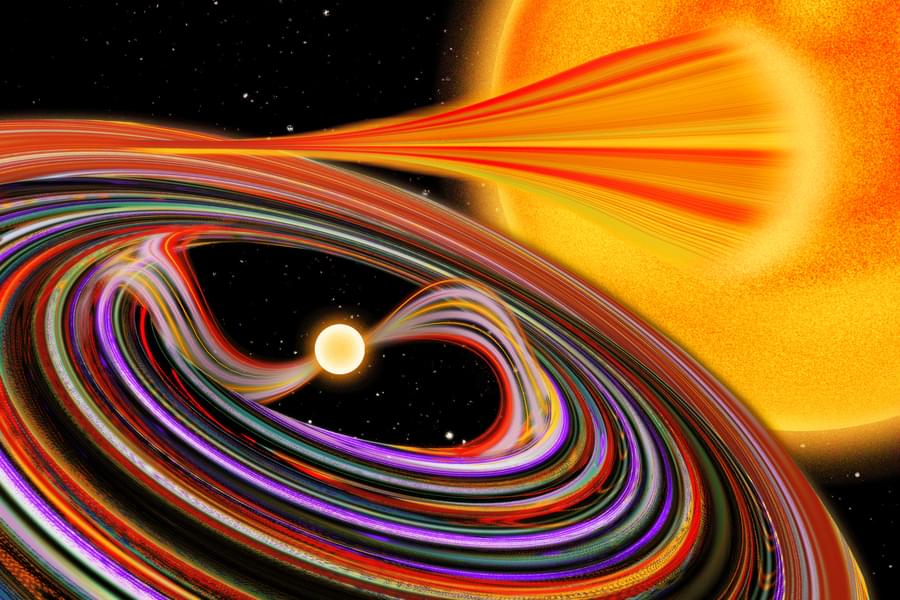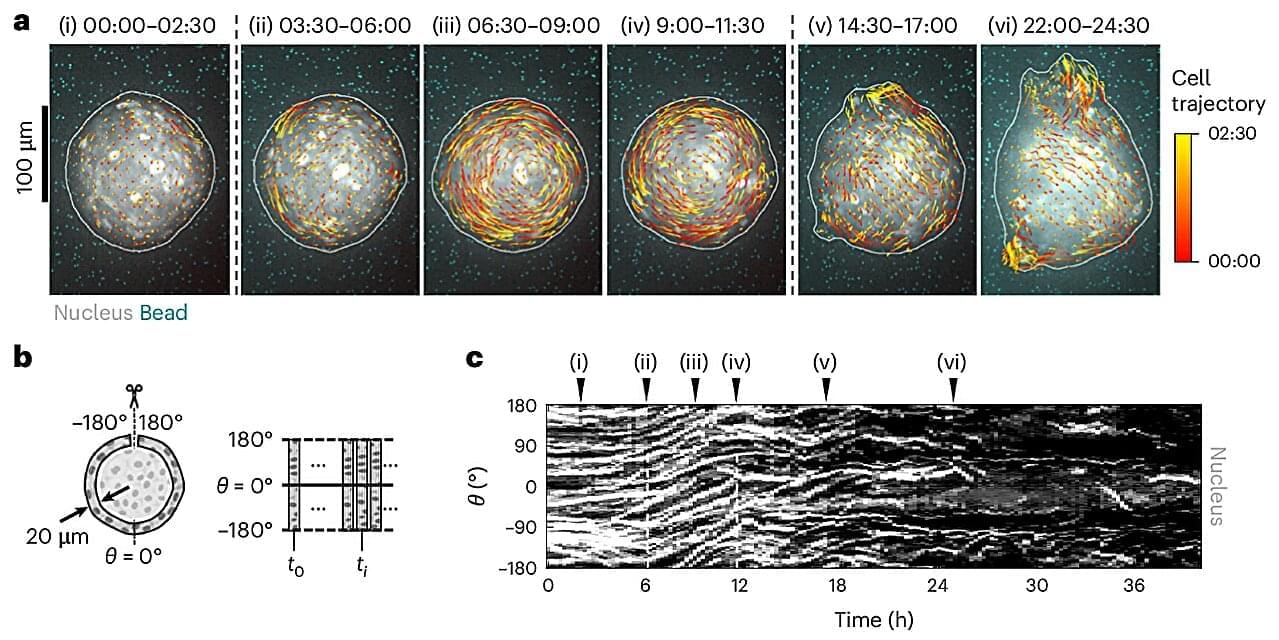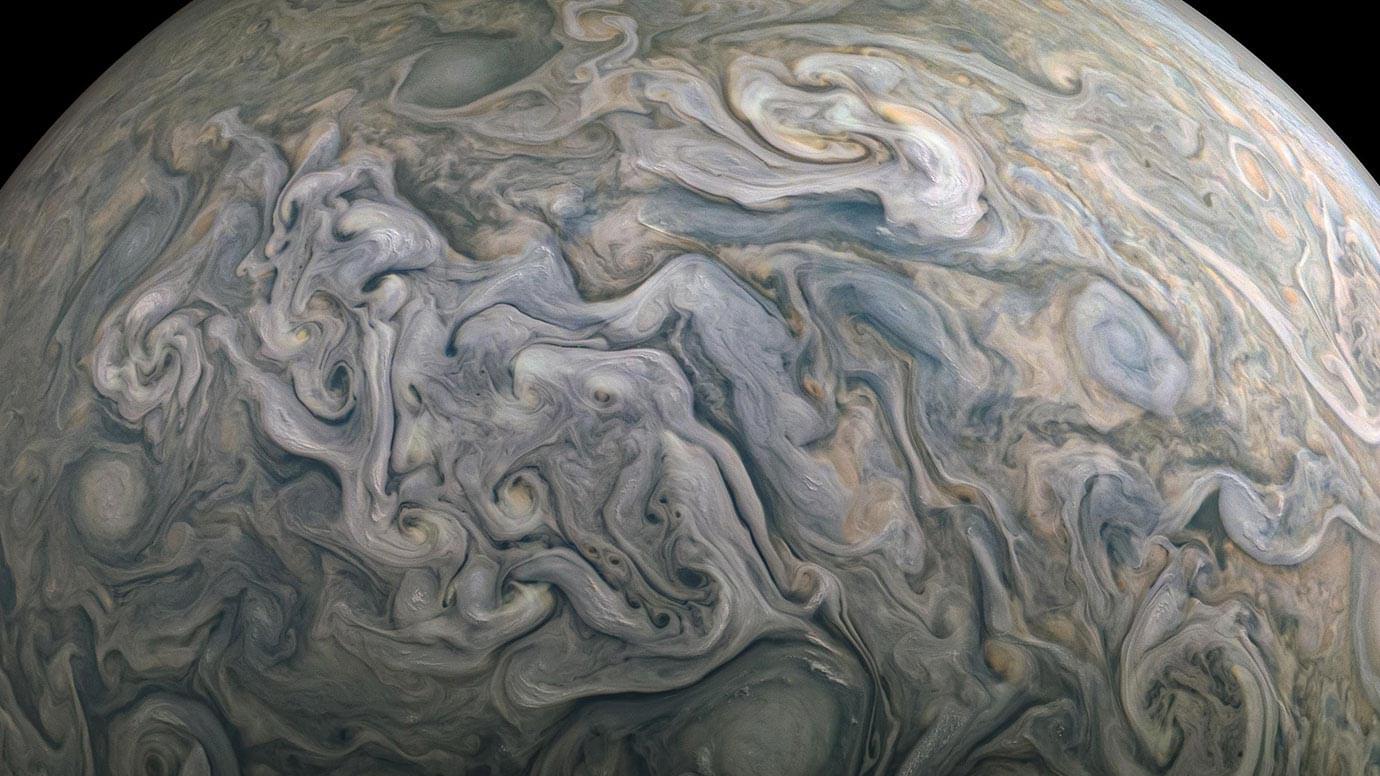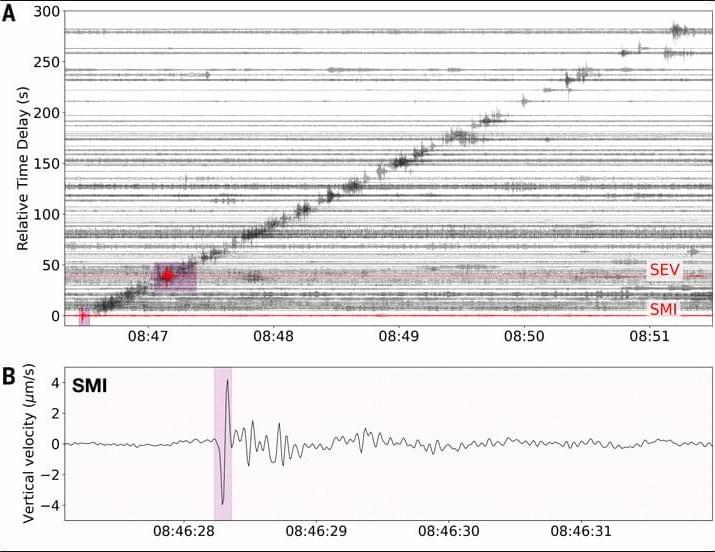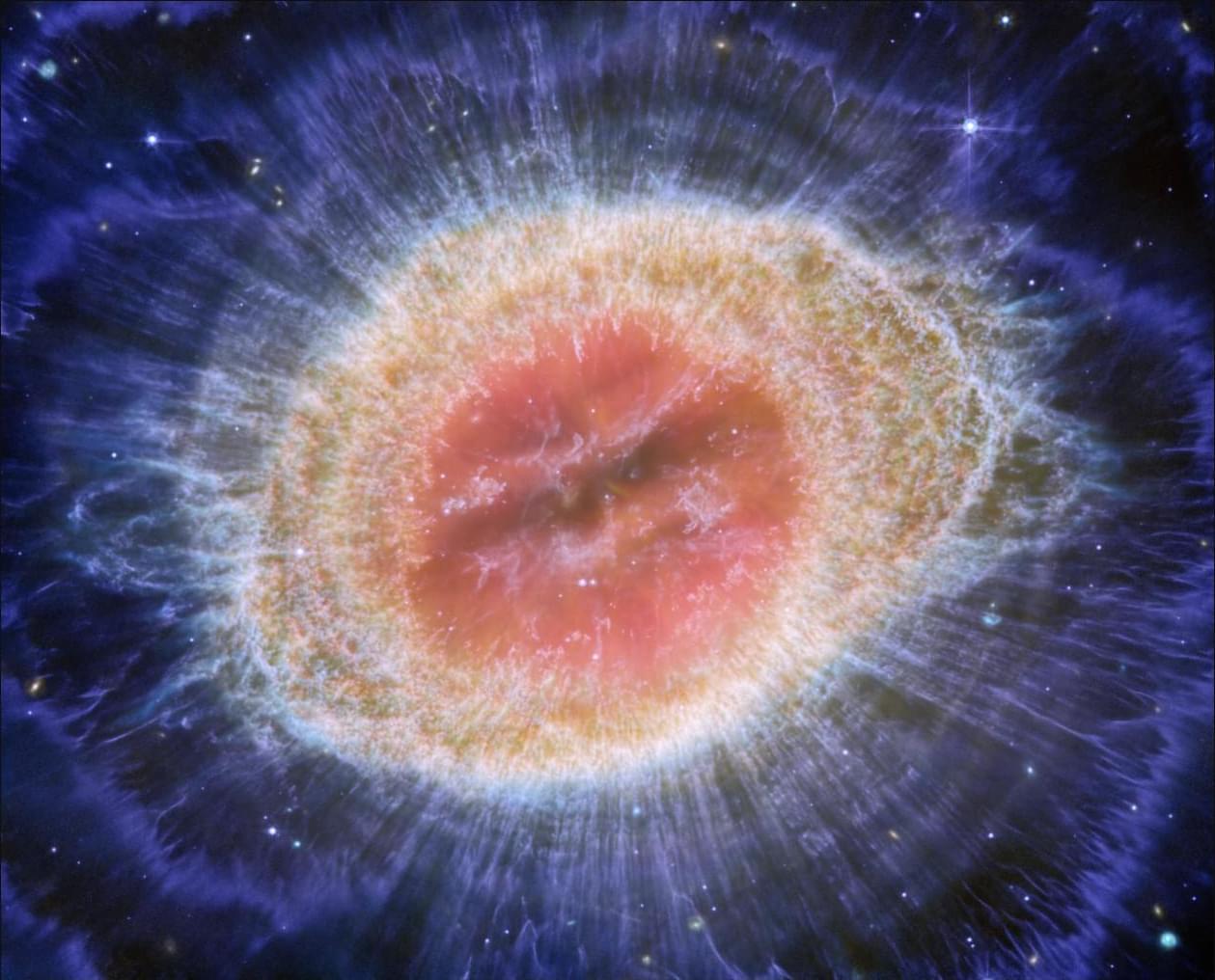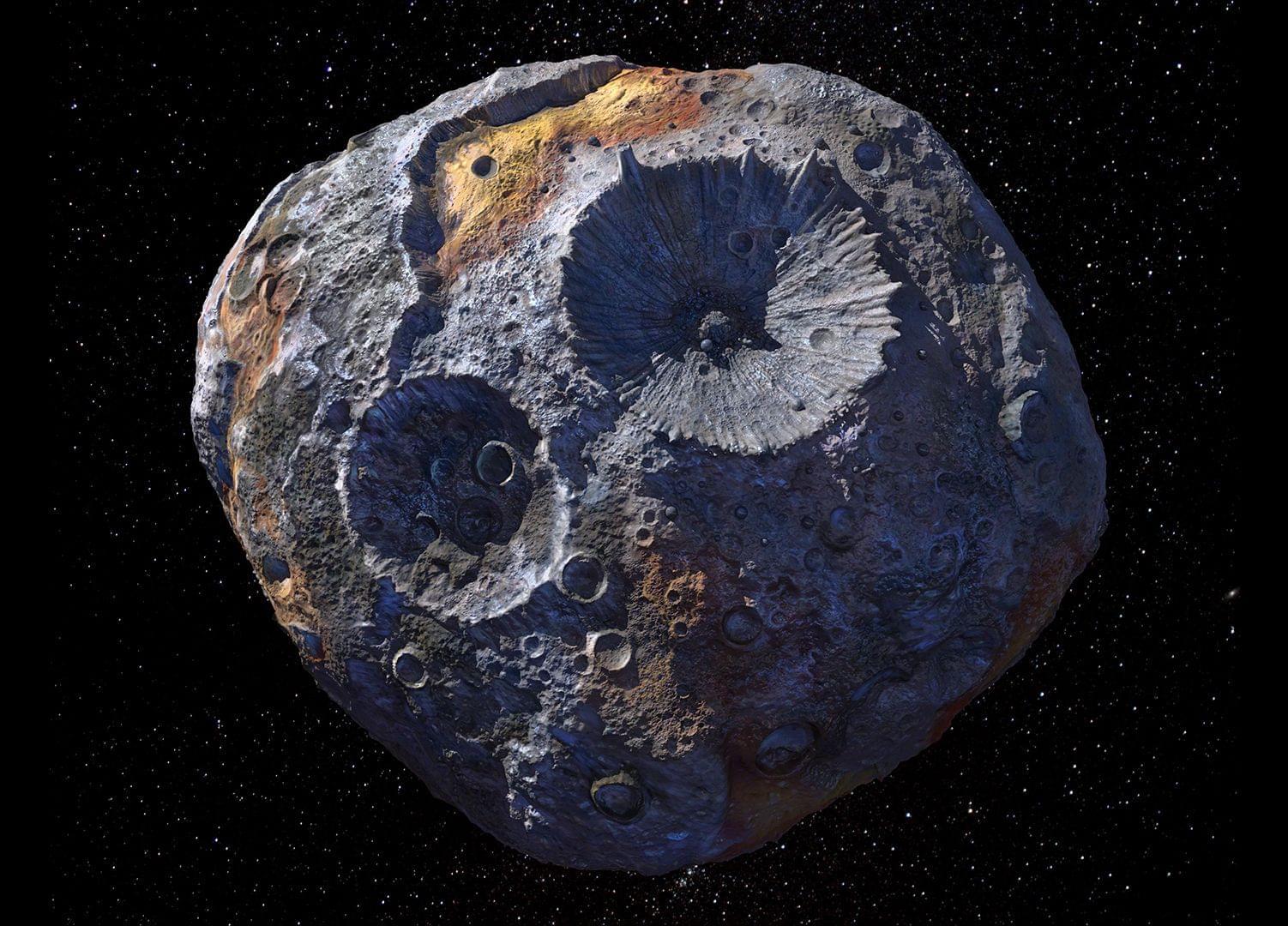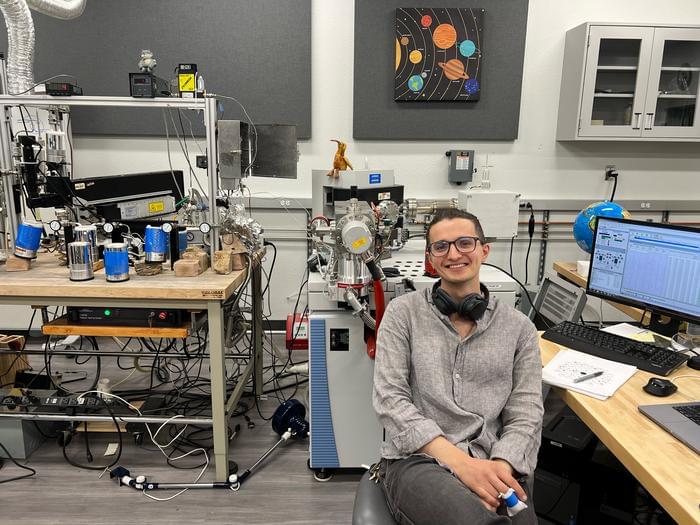Read “” by Myk Eff on Medium.
When Freud first mapped the territories of the unconscious, he could only speak in the metaphors available to him — hydraulic pressures, economic systems, topographical layers. Yet the phenomena he described possess a striking affinity with concepts that would not emerge until decades later, when Claude Shannon formalized information theory and computing science revealed the architecture of data itself. What if the mechanisms Freud, Jung, and their successors laboriously documented are, at their foundation, information processing operations? What if repression is encryption, condensation is compression, and the deepest strata of the psyche represent not mystical depths but maximal data density?
The proposition is not merely metaphorical. Consider Freud’s description of repression in Repression (1915): the mechanism whereby the ego refuses admittance to consciousness of ideational content that threatens its equilibrium. Freud wrote that repression lies simply in turning something away, and keeping it at a distance, from the conscious (p. 147). Yet this keeping at a distance operates through a curious transformation. The repressed content does not vanish; it persists, inaccessible yet influential, distorting thought and behavior through its very concealment.
This is precisely analogous to encrypted data. Encryption transforms information into a form that resists interpretation without the proper key, yet the information remains fully present, its structure intact but rendered opaque. The encrypted file occupies space, exerts influence on system resources, and can corrupt or destabilize processes that attempt to access it incorrectly. Similarly, repressed material occupies psychic space and generates symptoms — failed decryption attempts, as it were — when consciousness approaches without the therapeutic key.
